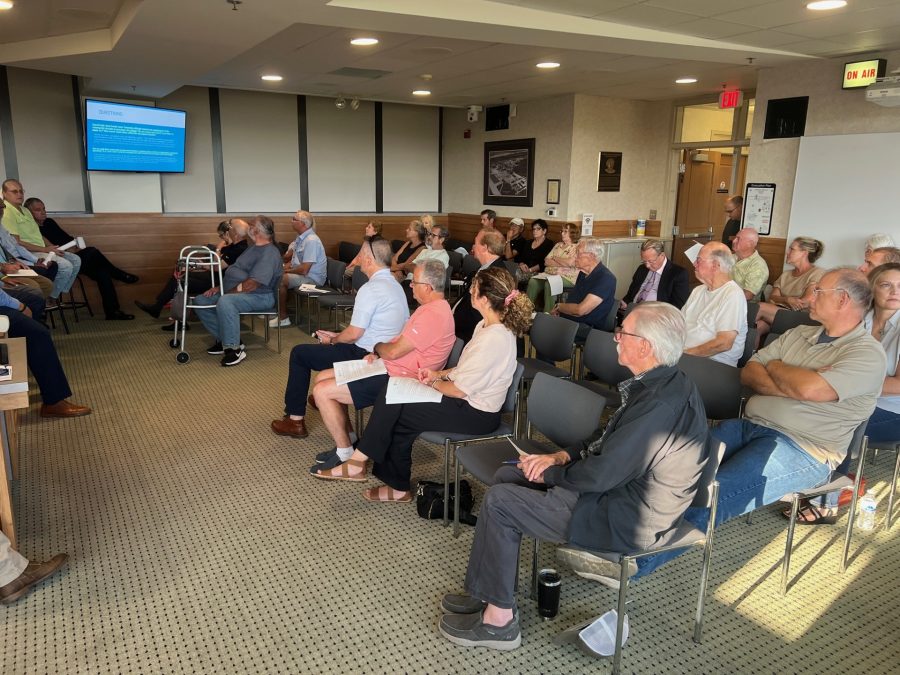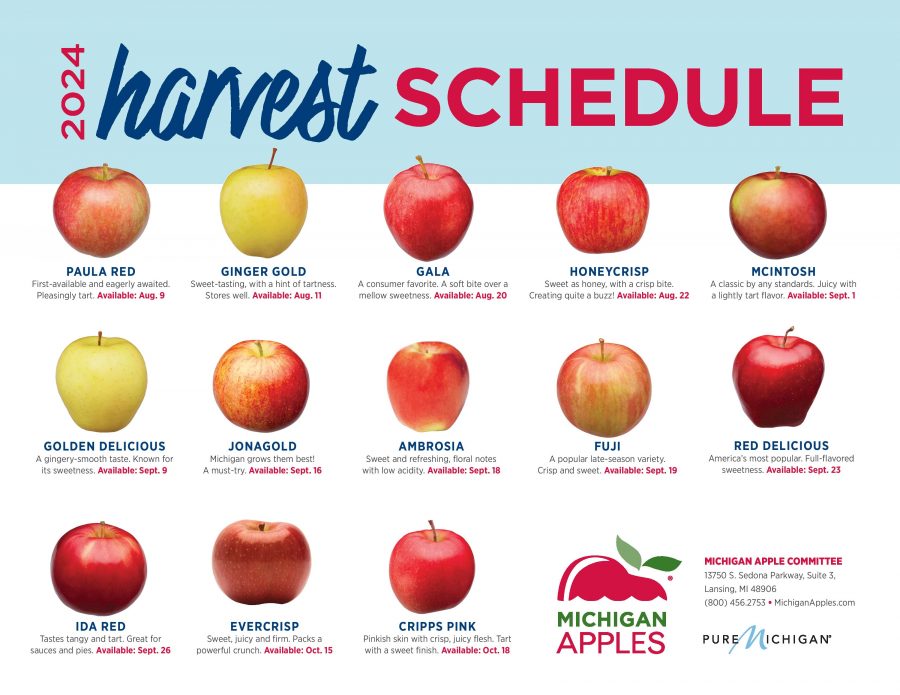Five communities approve new senior services millage
Voters in four of the Grosse Pointes and the city of Harper Woods approved a new millage for senior services on Nov. 5.
It needed to pass in four of the six communities where it was on the ballot. Only Grosse Pointe Shores rejected it.
Krista Siddall supported the millage. She’s the executive director of The Helm at the Boll Life Center, a senior services agency in Grosse Pointe Farms.
Siddall says she’s disappointed it didn’t pass in the Shores and blamed its failure there on misinformation about the millage’s purpose.
“This wasn’t the ‘Helm millage,'” she said. “We were advocating for the need for senior services, which is going to be greater in the future.”

What happens next?
State law authorizes local governments to ask voters for additional taxes to fund senior services. This millage will raise an estimated $1.2 million annually.
Siddall says the five communities that approved the millage will collect the tax revenue starting with the 2025 summer tax levy. They also have an interlocal agreement to form an Active Adult Commission.
“That agency provides transparency and accountability for the millage money,” she said. “The Helm would then enter into a contractual agreement with that agency to provide senior services.”
The commission will distribute tax revenue to The Helm and other senior service providers, such as the Pointe Area Assisted Transportation Service.
Each community that approved the millage will have one member on the commission.
Because Grosse Pointe Shores did not approve the millage, it will not have anyone on the commission. But Siddall stressed that The Helm will continue to serve Shores residents.
More: Voters in Grosse Pointes, Harper Woods will decide senior millage proposal
“We’re never not going to serve you,” she said. “But the cost for their residents will be substantially more than the cost for the rest of the residents in the additional five communities.”
What does The Helm do?
Siddall estimates that The Helm offers about 250 programs monthly, including Meals on Wheels.
“We have programs that help with dementia, early diagnosis for dementia, an Alzheimer’s support group, a Parkinson’s support group,” Siddall said. “Things that are really essential as far as the health and wellness of our community.”
For more metro Detroit election results, visit wdet.org/electionresults.
Trusted, accurate, up-to-date.
WDET strives to make our journalism accessible to everyone. As a public media institution, we maintain our journalistic integrity through independent support from readers like you. If you value WDET as your source of news, music and conversation, please make a gift today.
The post Five communities approve new senior services millage appeared first on WDET 101.9 FM.















